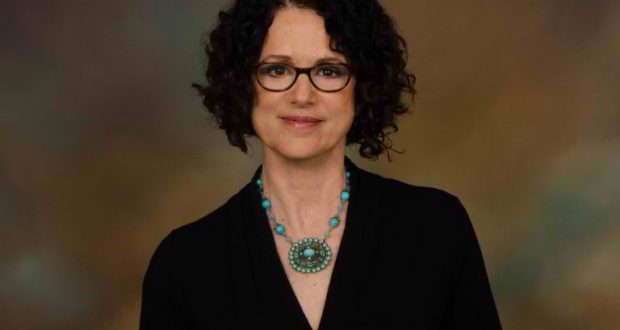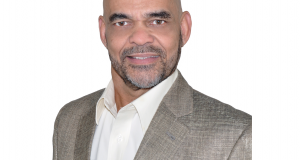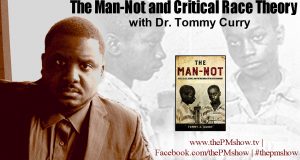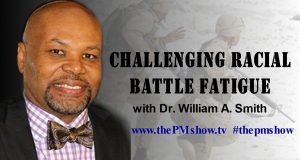
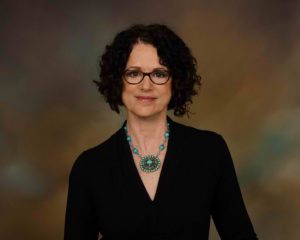 When people talk about racism, they usually focus on the problems and discrimination that persons of color (POC) deal with on a day-to-day basis. But, while doing this is important, they should not forget to focus on the other side of the coin: white privilege.
When people talk about racism, they usually focus on the problems and discrimination that persons of color (POC) deal with on a day-to-day basis. But, while doing this is important, they should not forget to focus on the other side of the coin: white privilege.
This may not always be visible, particularly if people only focus on the issues that are faced by African-Americans, Asian-Americans, Hispanic-Americans, American Indians, and other minorities. But it’s important to note that white supremacy has always been there since time immemorial. It can be compared to riding a seesaw or using ancient weighing scales: when one side goes down, the other side will logically and surely rise up. In the case of racism, POCs feel the negative side effects of racial discrimination while white people enjoy the protection offered by a society that prefers lighter skin color.
Yet, when you point out to white people about the privilege they enjoy, they often react in a negative way. Some become angry and argumentative, while others clam up and refuse to continue the discussion. Still others insulate themselves from the situation and claim that they don’t need to participate in the conversation since are “already aware about it”. Robin DiAngelo refers to this reaction as “White Fragility”.
It might seem like a misleading term — after all, most people don’t like to be called “fragile”, unless in a positive note — but DiAngelo knows what she’s talking about. Born to a poor family, she had to fight the social and economic repercussions of poverty so she could finish her studies and get a degree. She eventually went to University of Washington in Seattle and earned a PhD in Multicultural Education.
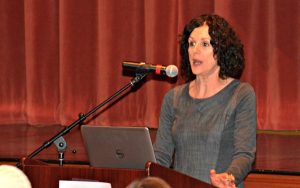 DiAngelo went on to teach courses in Multicultural Teaching, Cultural Diversity and Social Justice, and other topics in Westfield State University, and she is currently a lecturer at University of Washington. Aside from teaching, she is an author and has written several books about white privilege and racial literacy, such as “What Does It Mean To Be White? Developing White Racial Literacy” and “Is Everyone Really Equal? An Introduction to Key Concepts in Critical Social Justice Education”. She has also written several pieces that have appeared in various publications, including the International Journal of Critical Pedagogy, the Journal of Understanding and Dismantling Privilege, and the Journal of Educational Foundations.
DiAngelo went on to teach courses in Multicultural Teaching, Cultural Diversity and Social Justice, and other topics in Westfield State University, and she is currently a lecturer at University of Washington. Aside from teaching, she is an author and has written several books about white privilege and racial literacy, such as “What Does It Mean To Be White? Developing White Racial Literacy” and “Is Everyone Really Equal? An Introduction to Key Concepts in Critical Social Justice Education”. She has also written several pieces that have appeared in various publications, including the International Journal of Critical Pedagogy, the Journal of Understanding and Dismantling Privilege, and the Journal of Educational Foundations.
DiAngelo had faced many challenges as a poor person, but she acknowledges that her life would have been much harder if she had not been white. This realization has fueled her interest in racism and white supremacy. Through her research, she came to observe the existence of white fragility, which is the lack of stamina to tolerate racial stress.
This is intolerance is unique to white people because they are born in a society that protects their interests, grow up with an unracialized identity, and are encouraged to see themselves as individuals — unlike persons of color, who are often defined by their skin tone, exposed to stereotypes of their race and ethnicity, and expected to behave in a certain way. So, while POCs develop strong racial tolerance and have a clear idea of what racism means, white people often easily get upset when their racial identity is disturbed and have no clue as to what their counterparts face.
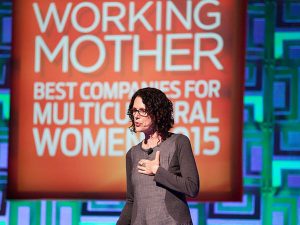 Because of this intolerance to racial stress, white people often find it hard to progress beyond their current view of racism. Since they can’t handle the discomfort of talking about the privilege the enjoy, listening to the problems that POCs go through, and accepting the fact that white centrality does not have to be the norm, it’s difficult for them to open their mind and escape white fragility.
Because of this intolerance to racial stress, white people often find it hard to progress beyond their current view of racism. Since they can’t handle the discomfort of talking about the privilege the enjoy, listening to the problems that POCs go through, and accepting the fact that white centrality does not have to be the norm, it’s difficult for them to open their mind and escape white fragility.
But, for DiAngelo, hope is not lost since there are antidotes to this state of mind. Acknowledging their limited perspective on race, striving to understand what people of color go through, getting educated about racism — these are some of the things that people can do to break the hold of white fragility.
The Philippe Matthews Show (Recurring) Programming Donation
If you enjoy the content featured on our Blog, Radio and Live Video show, please give a one-time donation or recurring donation to help with further research, production and show topics.

 Philippe Matthews Show Guru Advice, Author Reviews, Tech Reviews, Entertainment News
Philippe Matthews Show Guru Advice, Author Reviews, Tech Reviews, Entertainment News


